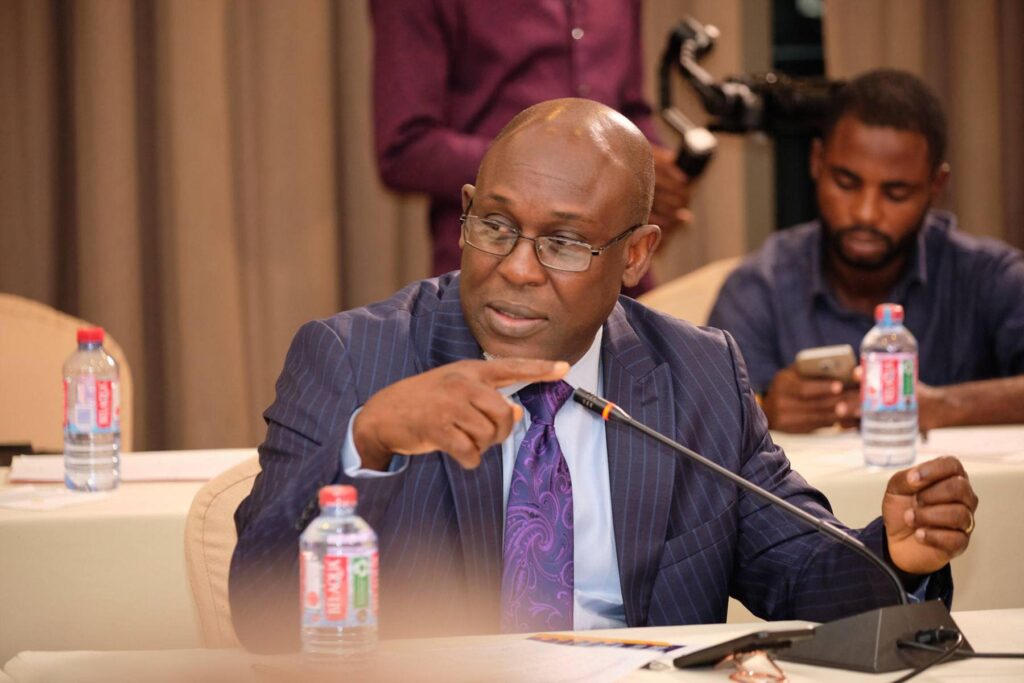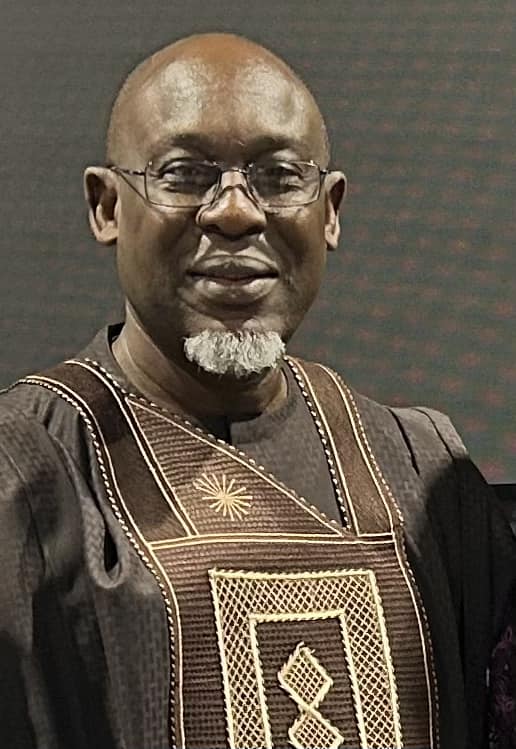The Senior Vice President of IMANI Centre for Policy and Education, Kofi Bentil, has issued a strong warning against the growing trend of what he describes as lawless invasions of churches by some traditionalist youth under the guise of enforcing the annual ban on noise-making in the Greater Accra Region.
According to him, this phenomenon, if not checked by the authorities, risks leading to a serious conflict with potentially tragic consequences.
In a statement, Mr. Bentil recounted a disturbing pattern of harassment faced by churches during the enforcement period of the Ga traditional ban on noise-making.
He emphasised that while he respects the cultural and religious sentiments behind the ban, the methods employed by some self-styled enforcers—often young men—are completely at odds with the rule of law and have no place in a democratic society.
Mr. Bentil lamented how some of the so-called enforcers target churches even when there is no breach of the ban, often showing up with no legal authority, and sometimes merely seeking to extort money from congregants.
Drawing on his own personal experiences, he revealed that he had witnessed these invasions on several occasions, including a recent incident in which a group of traditionalist youth attempted to enter a walled, gated, and fully soundproofed church compound during a quiet prayer session.
“I have had personal experiences with these people, the last one being yesterday at church. There was no noise, people were praying softly in an air-conditioned and closed church which is within a walled and gated compound, and some people came there and their leader tried to enter, but he is stopped.”
Kofi Bentil, Senior Vice President of IMANI Centre for Policy and Education
According to Mr. Bentil, the situation escalated to the point where church security had to intervene.

In a surprising twist, the trespasser even attempted to order the church’s security personnel to stand down. Mr. Bentil firmly pushed back against what he saw as a blatant act of trespass and disrespect for lawful authority.
“These acts are not just provocations; they are violations of the law, and one day, when a group of church members decides not to back down, things could turn violent.”
Kofi Bentil, Senior Vice President of IMANI Centre for Policy and Education
He further clarified that while there are reasonable and respectable traditionalists who genuinely care about their customs, the tactics employed by these invading youth are often opportunistic rather than cultural. “Most of the time, all they want is money. They come with force, expecting that church people will not react,” he wrote.
While some of his critics online have responded to his concerns with insults and accusations of disrespecting culture, Mr. Bentil was adamant that constructive dialogue must prevail over emotional reactions.
He called out the tendency of some individuals to react with anger and insults rather than engage in reasoned discourse.
Mr Bentil acknowledged that the noise ban is an important part of the Ga traditional calendar and commended people like Anny Kareem-Abdi Osabutey, a known traditionalist, for engaging in the debate respectfully. “Check his comments; Very sensible and measured—and he agrees that invasions are not the way to go,” he remarked.

Law Enforcement
Calling for law enforcement to take centre stage in resolving disputes about noise-making, Mr. Bentil questioned why traditional authorities or youth groups cannot collaborate with the police instead of taking matters into their own hands.
“When I worked at the Environmental Protection Agency (EPA), all I did was to send a warning letter and most people complied. It is not hard. All it takes is a police order, and matters can be resolved peacefully.”
Kofi Bentil, Senior Vice President of IMANI Centre for Policy and Education
Some contend that the annual ban needs to be rigorously enforced in order to protect Ga heritage, while others think the strategy needs to be updated to take into account Ghana’s pluralistic and multireligious society.
The vice president of IMANI’s comments serve as a warning to state officials and traditional leaders alike.
READ ALSO: Energy Minister Emphasizes Solutions Over Complaints in Sector Crisis




















